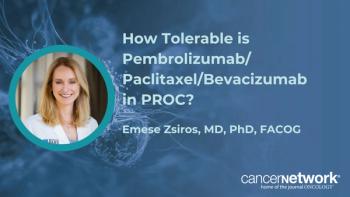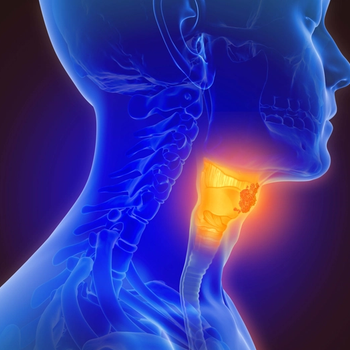
SIO/ASCO Guidelines for Integrative Therapies to Manage Anxiety/Depression

Therapies like yoga, music therapy, acupuncture, and natural health remedies have proven to be beneficial in mitigating anxiety and depression in adults with cancer, according to Linda E. Carlson, PhD, RPsych.
Integrative therapies have been proven to help reduce the adverse effects (AEs) of anxiety and depression in patients with cancer, according to Linda E. Carlson, PhD, RPsych.
Carlson, Enbridge Research Chair in Psychosocial Oncology and a professor in the Department of Oncology, Cumming School of Medicine at the University of Calgary, explained how different therapies such as mindfulness-based interventions, yoga, and relaxation could work to manage anxiety and depression in patients with cancer. Specifically, she talked about the new recommendations published by The Society for Integrative Oncology (SIO) in collaboration with the American Society of Clinical Oncology (ASCO), which highlighted integrative approaches to managing AEs related to anxiety and depression.1
During the interview, Carlson spoke about the current guidelines, which recommendations clinicians can begin to use in their everyday practices, and what aspects future research should focus on. Specifically, she highlighted the benefits of yoga, tai chi, and relaxation as possible therapies that can help mitigate the AEs of anxiety and depression.
“For the clinician, [it’s important to understand] that these options are available and that they’re evidence-based,” Carlson said.
“Then, [it’s important to figure] out where in your local area these kinds of treatments are available. Many comprehensive cancer centers have integrative therapies; they have yoga, tai chi, mindfulness-based interventions, relaxation, and imagery. Many counselors can offer those kinds of services and cognitive behavioral therapy. Being aware that [these options are] effective and that they are first-line treatments, finding out where they’re available, knowing how patients can access them, facilitating the treatments in whatever way [clinicians] can, and advocating for more of these programs within cancer treatment centers will be important.”
Carlson is also the past president of SIO and a current editorial advisory board member of ONCOLOGY®.
Reference
Carlson LE, Ismaila N, Addington EL, et al. Integrative oncology care of symptoms of anxiety and depression in adults with cancer: Society for Integrative Oncology–ASCO guideline. J Clin Oncol. 2023;41(28):4562-4591. doi:10.1200/jco.23.00857
Newsletter
Stay up to date on recent advances in the multidisciplinary approach to cancer.










































